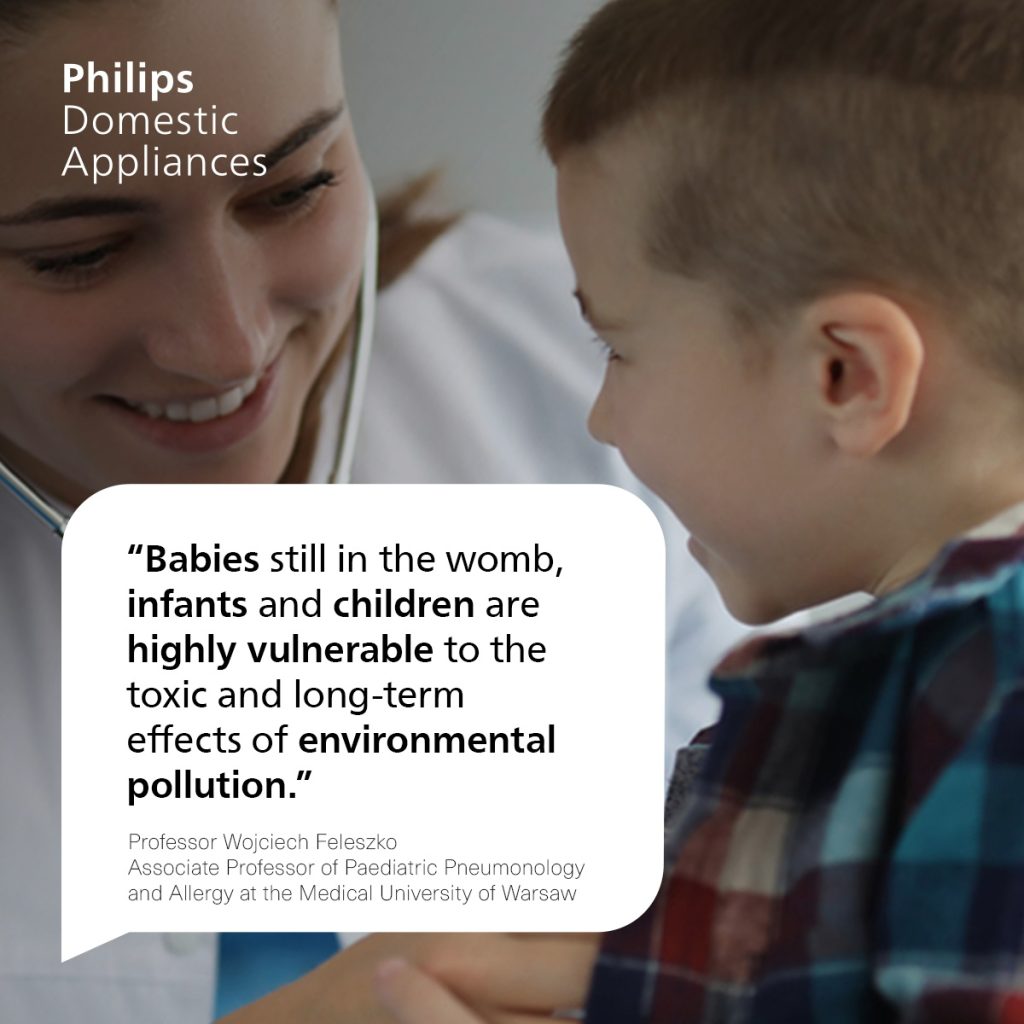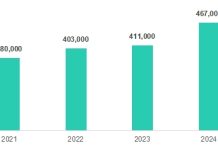Poor air quality that is detrimental to general health and well-being, particularly so with the recent widespread surge of respiratory diseases such as Influenza as well as Covid-19 variants and strains, is a major challenge currently faced by consumers globally.
As such, concerned consumers are seeking ways to optimise the protection of their well-being and that of their loved ones by adopting new approaches which are fast becoming the standard norms.
This is among the findings of a White Paper commissioned by Philips Domestic Appliances, which has been independently reviewed by key academics and physicians in the fields of air pollution and respiratory health.
According to the study, healthcare professionals need to be more aware of indoor air pollution issues and the associated negative effects on health, which are particularly noticeable during pollution episodes and the pollen season.
The white paper explains how indoor exposure to air pollutants places a considerable burden on health – an issue that impacts everyone but most at risk are pregnant women, children, older people, and those with chronic respiratory conditions such as asthma.
The expert panel has suggested the use of portable air purifiers with high-efficiency particulate air (HEPA) filters as one of the measures to reduce their exposure and risk of adverse health effects.
Panel member Professor Wojciech Feleszko, Associate Professor of Paediatric Pneumonology and Allergy at the Medical University of Warsaw suggested,” Data shows that air purifiers improve air quality inside the home, and act in concert with standard therapeutic modalities to help allergy and asthma patients keep their symptoms under control.”
This is in tandem with a recent study on the overview of indoor air pollution 2022 which has revealed that indoor premises in Malaysia’s tropical climate have been exposed to various pollutants and it is critical to implement indoor air pollution mitigation measures. Experts have cautioned against serious health risks that could stem from indoor air pollutants (IAP) if adequate measures are not taken.
The paper cautions that there is no safe level for fine particulate matter – no groups of individuals are immune to the effect of air pollutants – so minimising exposure is key, especially important for vulnerable groups such as children, pregnant women, older people, those with respiratory diseases and those at high risk of exposure.
The paper examines the information garnered on air contamination sources and the adverse effects it causes on our respiratory system from the Clean Air roundtable meeting. It goes on to further analyse the health benefits of air purifiers in the reduction of indoor air pollutants including their purification technology, as well as details on what is needed to overcome them.
“Indoor air quality has gained renewed importance in public awareness. Studies in the Clean Air white paper, which has been independently reviewed by leading academics and physicians in the fields of air pollution, allergy, and respiratory health, have shown the use of air purifiers with HEPA filters can help to reduce levels of particles in the air which can trigger allergies in the home.
“We want to highlight to consumers why everyone needs to be more aware of indoor air pollution and the associated negative effects on health,” said Ipek Akinci, country manager for Malaysia, Singapore and Emerging Markets of Philips Domestic Appliances.
Click here to download a copy of the Clean Air white paper.















